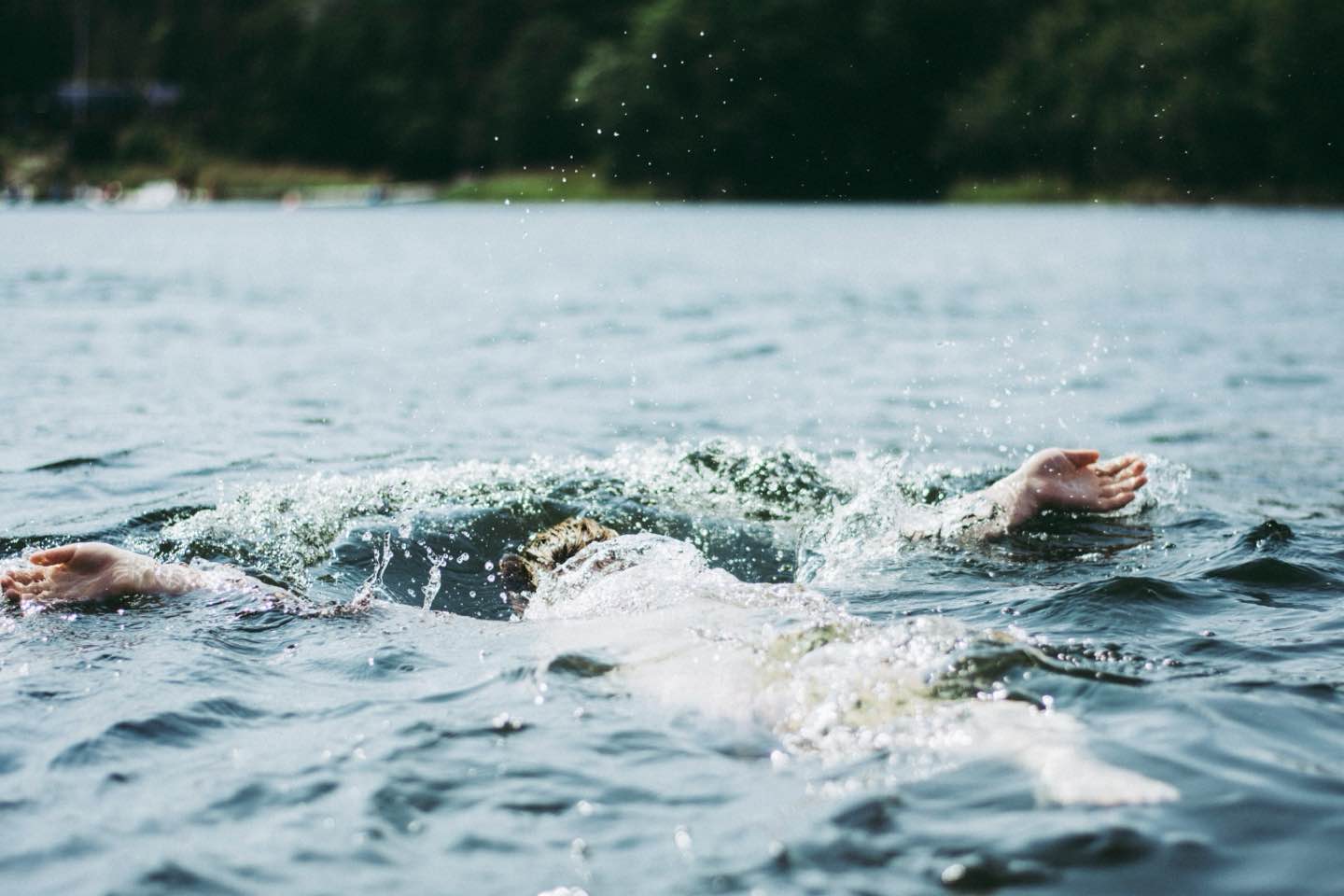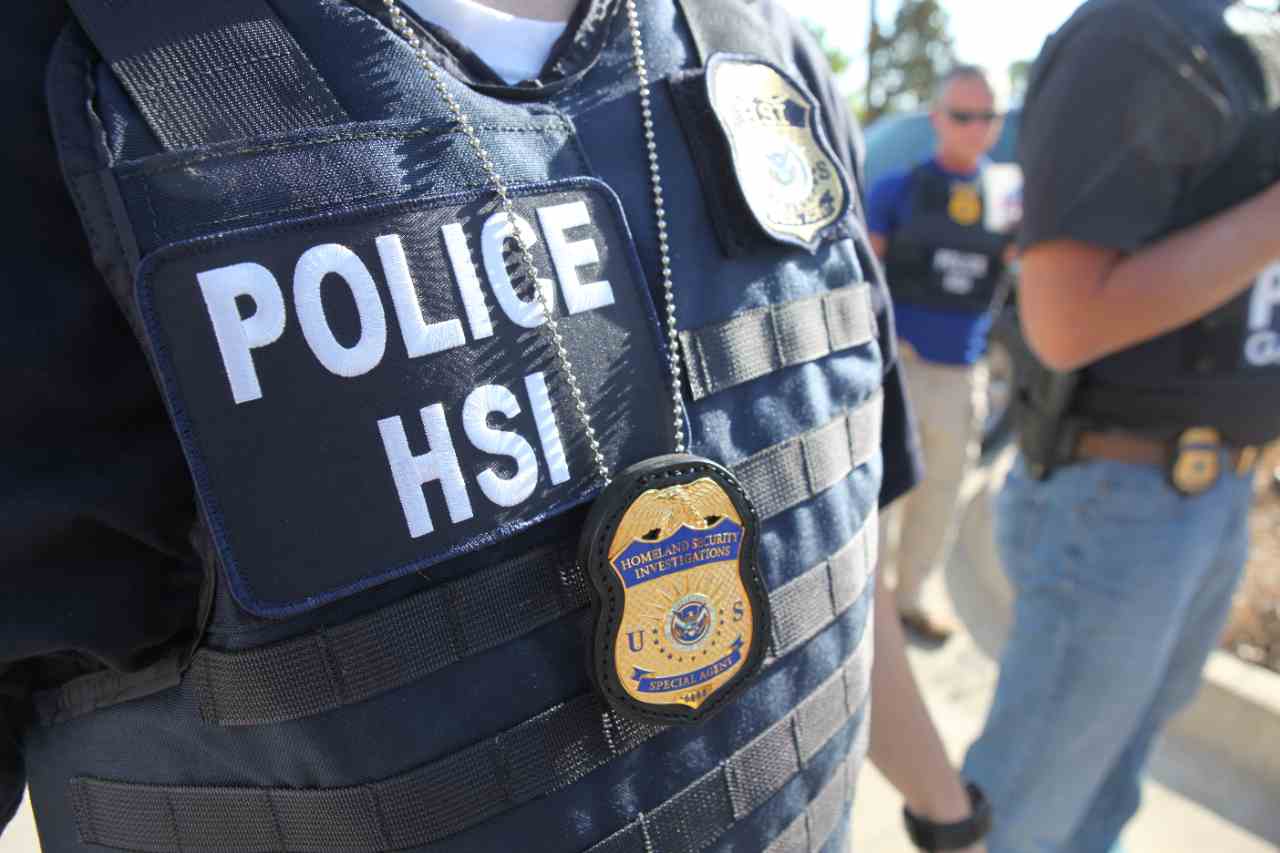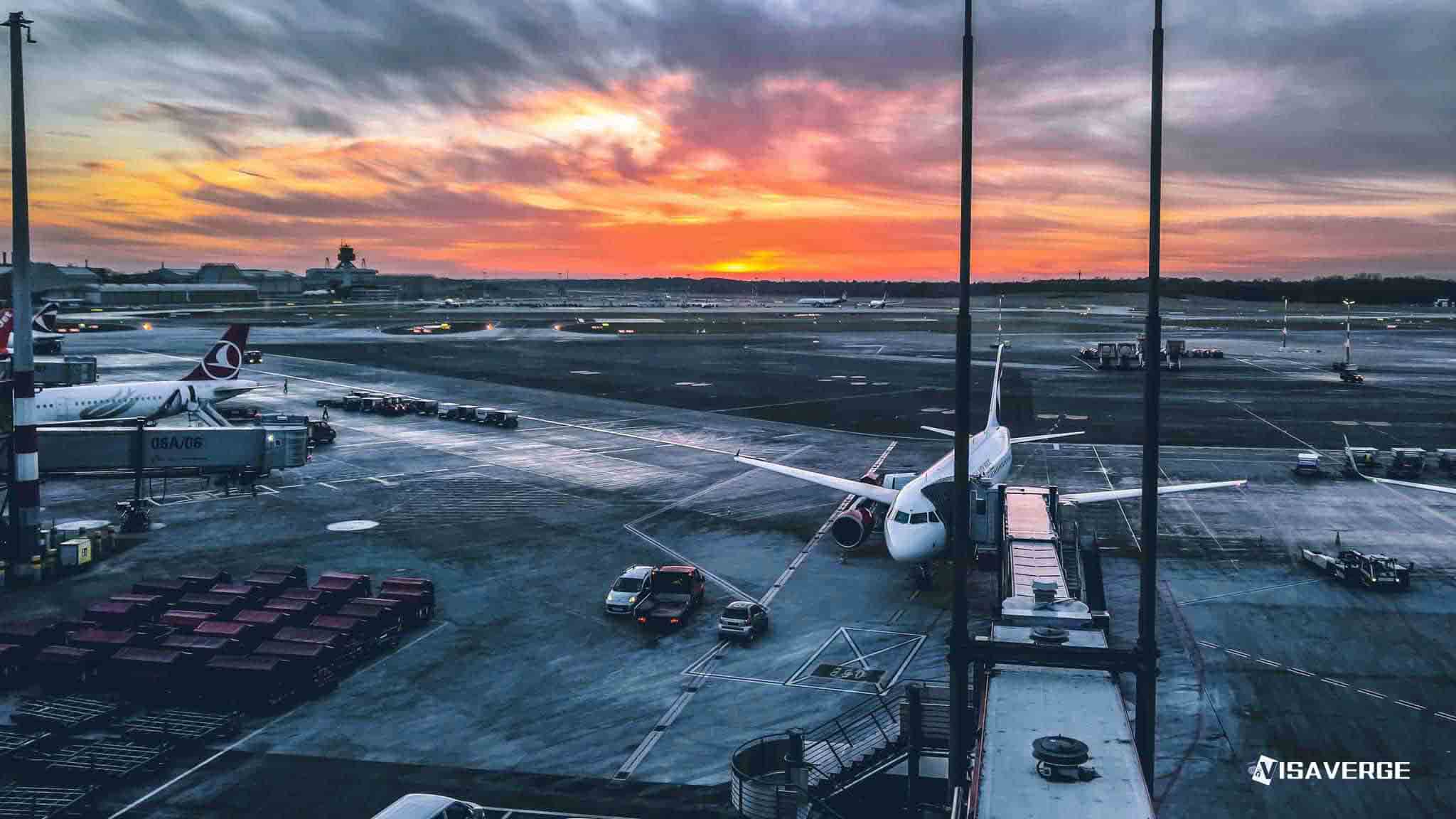Heartbreaking Tragedy at Australian Beach
Phillip Island, a picturesque location in Victoria, Australia, became the site of a heartbreaking incident when four members of an Indian family drowned on Wednesday afternoon. This tragedy has left a stark reminder of the dangers that can accompany seemingly benign activities like swimming, especially in unpatrolled waters.

The Tragic Incident
The natural beauty of Phillip Island’s beaches often attracts visitors for its wild views and the opportunity for recreational activities. However, the beach was the scene of sorrow when the group of four from India, looking to enjoy a swim, encountered deadly circumstances. Despite lifeguards’ efforts, the tragedy at Phillip Island drowning claimed the lives of all involved.
The Victims
The victims of this tragic event include a man and two women, all in their 20s, and another woman aged in her 40s. The individuals were part of an extended family and their loss has undoubtedly reverberated through their community, both in Australia and in India.
The Response
The local lifeguards, who arrived at the scene determined to rescue the swimmers, were met with a devastating scenario. One of the women, in her 20s, was initially found alive and was immediately rushed to the hospital. However, she tragically succumbed to her condition and passed away, marking the total loss of the group to the waters of the unpatrolled beach.
The Indian High Commission in Canberra was prompt in their response, stating:
“The Consulate General in Melbourne is in touch with the friends of the deceased and is providing the necessary support during this difficult time.”
This incident serves as a poignant reminder of the importance of taking safety precautions when visiting beaches, especially those that are not watched over by lifeguards. Additionally, it shows the swift action and support extended by diplomatic missions in times of distress affecting their citizens abroad.
The Aftermath and Precautions
The Indians drown in Australia beach incident has not only caused an outpouring of grief but also prompts a discussion on water safety practices. It is a powerful call to action for increased awareness and vigilance when engaging in aquatic activities, especially in areas that are not regularly monitored by professional lifeguards.
Visitors to beaches, both locals and tourists, are urged to look for and adhere to signage indicating whether a beach is patrolled and to familiarize themselves with water safety protocols. The Australian Water Safety Council provides comprehensive guides and resources on water safety which could be life-saving.
Community Support
In times such as these, community support becomes crucial. The Indian community, spread across the globe, routinely shows unity and support in the face of tragedies affecting their members. This incident has activated the community’s support systems, offering solace to the friends and families of the victims.
As this news reverberates within communities and across international borders, it underscores the unforeseeable risks present in daily life, and the immense loss that can follow. It’s a stark reminder of the fragility of life and the importance of cherishing our loved ones every day.
Learn Today:
Glossary
- Tragedy – A disastrous or extremely unfortunate event or situation that causes great suffering or distress.
- Drowning – The process of dying from being submerged underwater and unable to breathe.
- Lifeguards – Trained individuals responsible for ensuring the safety of people in water, typically at swimming pools, beaches, or other aquatic areas.
- Unpatrolled – Refers to a beach or area without designated lifeguards or water safety personnel present to supervise and respond to emergencies.
- Extended family – Relatives beyond the immediate family, including aunts, uncles, cousins, and grandparents.
- Reverberated – To have a lasting and widespread impact or effect, especially in terms of emotional or social significance.
- Diplomatic missions – Offices or premises, such as embassies or consulates, representing a country’s government and providing services to its citizens abroad.
- Precautions – Measures or actions taken in advance to prevent or reduce the risk of harm or danger.
- Water safety – The knowledge, skills, and practices that ensure the well-being and survival of individuals in and around bodies of water.
- Signage – Signs or visual displays used to convey information, warnings, or instructions.
- Patrolled – Refers to a beach or area where lifeguards or water safety personnel are regularly present to monitor and respond to emergencies.
- Water safety protocols – Established rules and guidelines for maintaining personal safety in water-related activities.
- Community support systems – Networks, resources, and assistance provided by a community to its members during times of crisis or need.
- International borders – The boundaries separating different countries or territories.
- Fragility of life – The vulnerability and delicate nature of human existence, highlighting the need to value and appreciate loved ones.
In the wake of the devastating drowning incident at Phillip Island, it’s important to remember the importance of water safety, especially on unpatrolled beaches. Taking precautions and familiarizing yourself with water safety protocols can save lives. To learn more about travel tips and visa requirements, visit visaverge.com. Stay safe and happy travels!
This Article in a Nutshell:
A devastating incident unfolded at Phillip Island, Australia, as four members of an Indian family drowned while swimming. This tragic event highlights the dangers of unpatrolled beaches and prompts a discussion on water safety. It also demonstrates the importance of community support during times of grief and loss. Cherish your loved ones every day.








